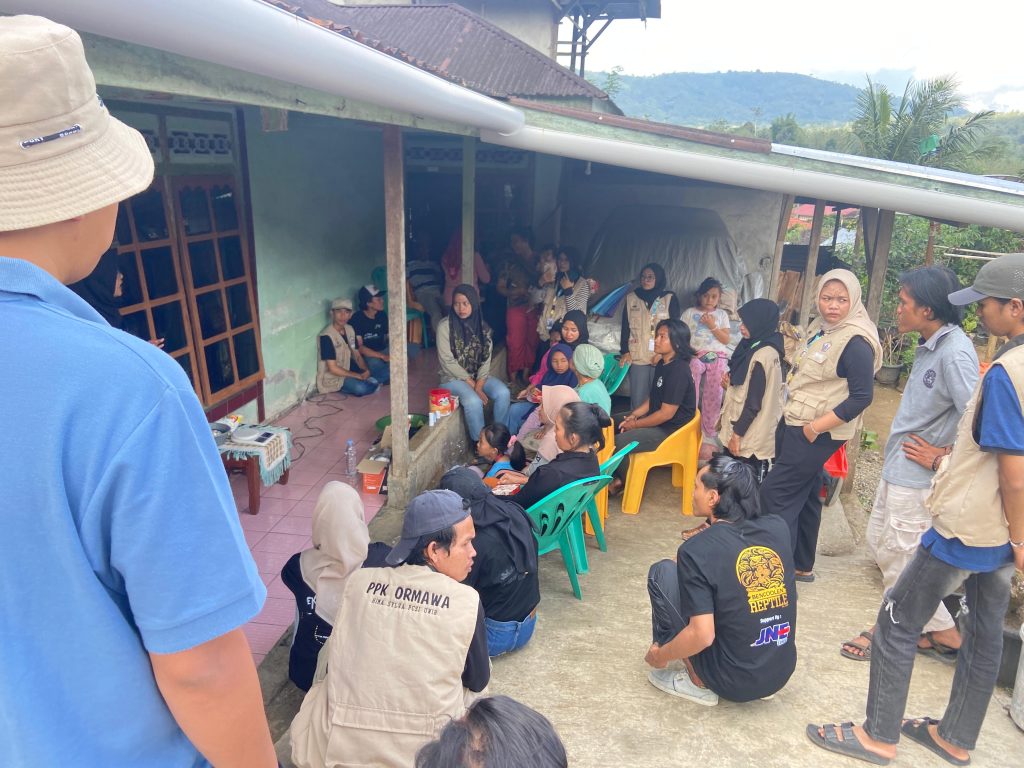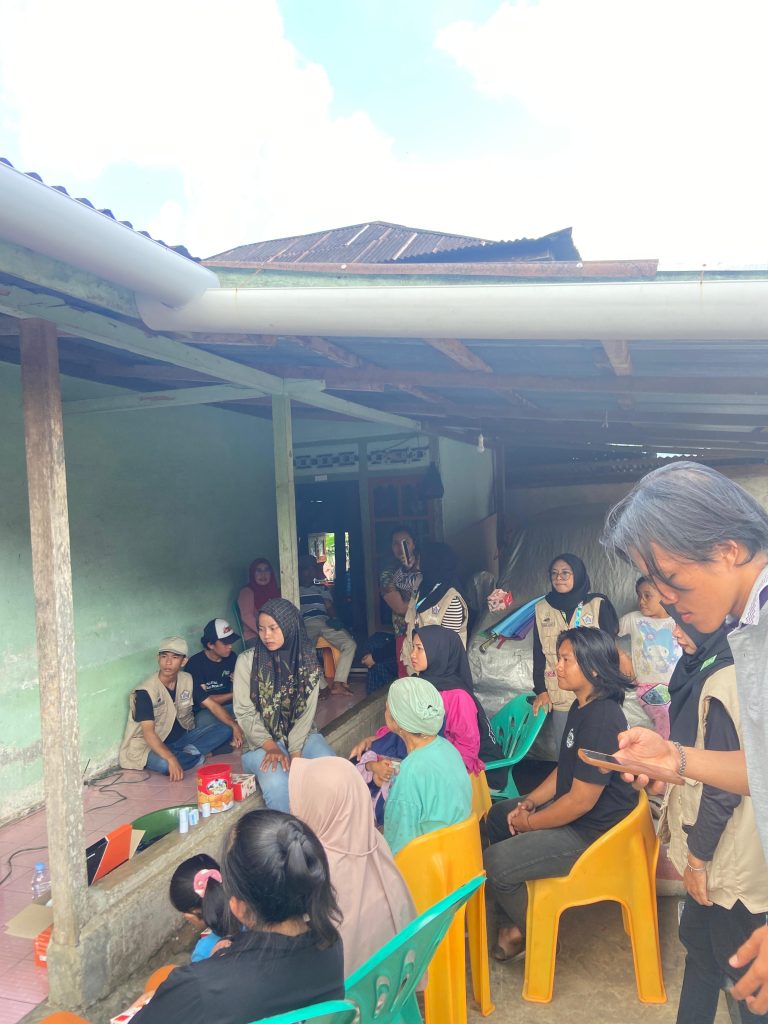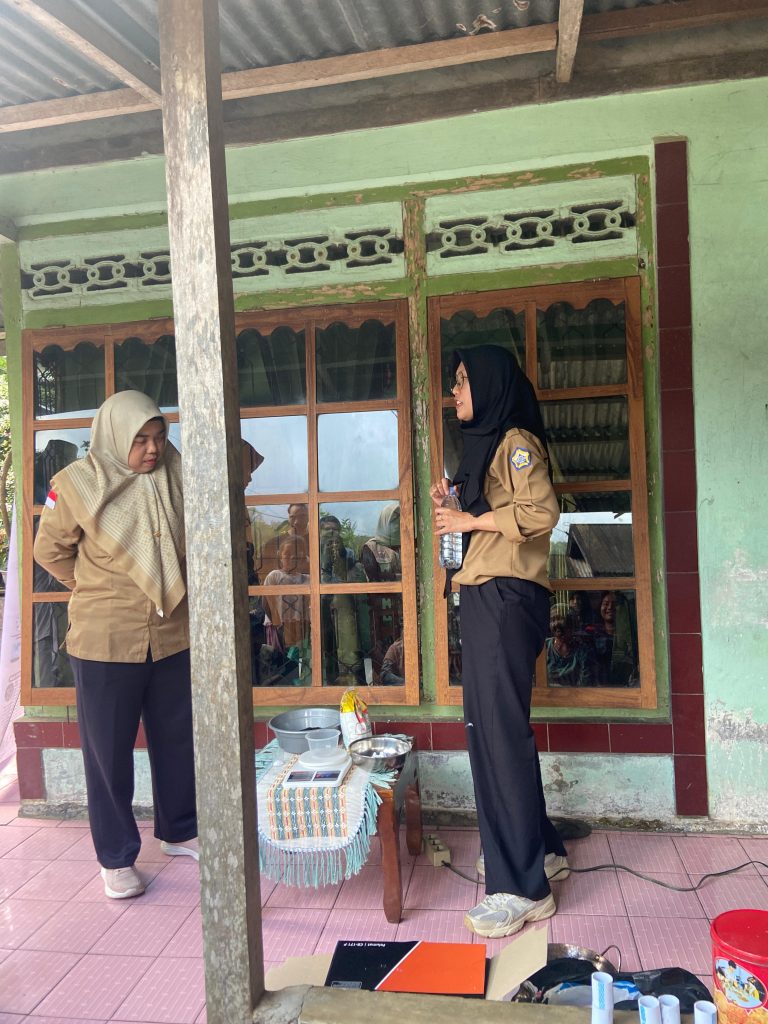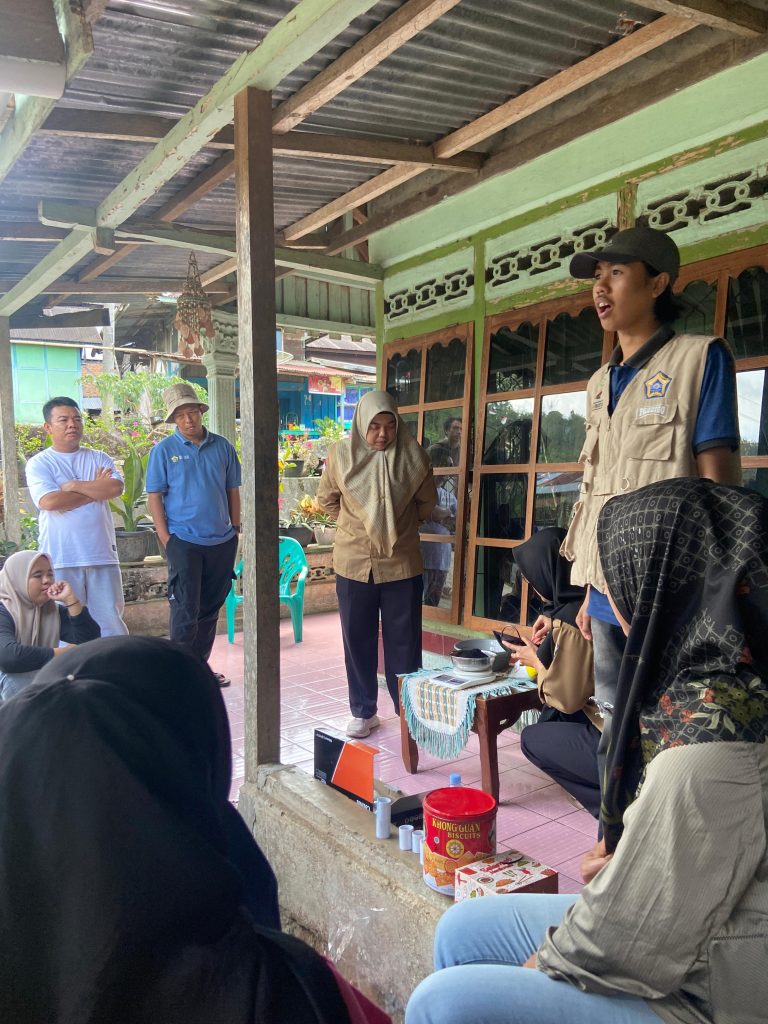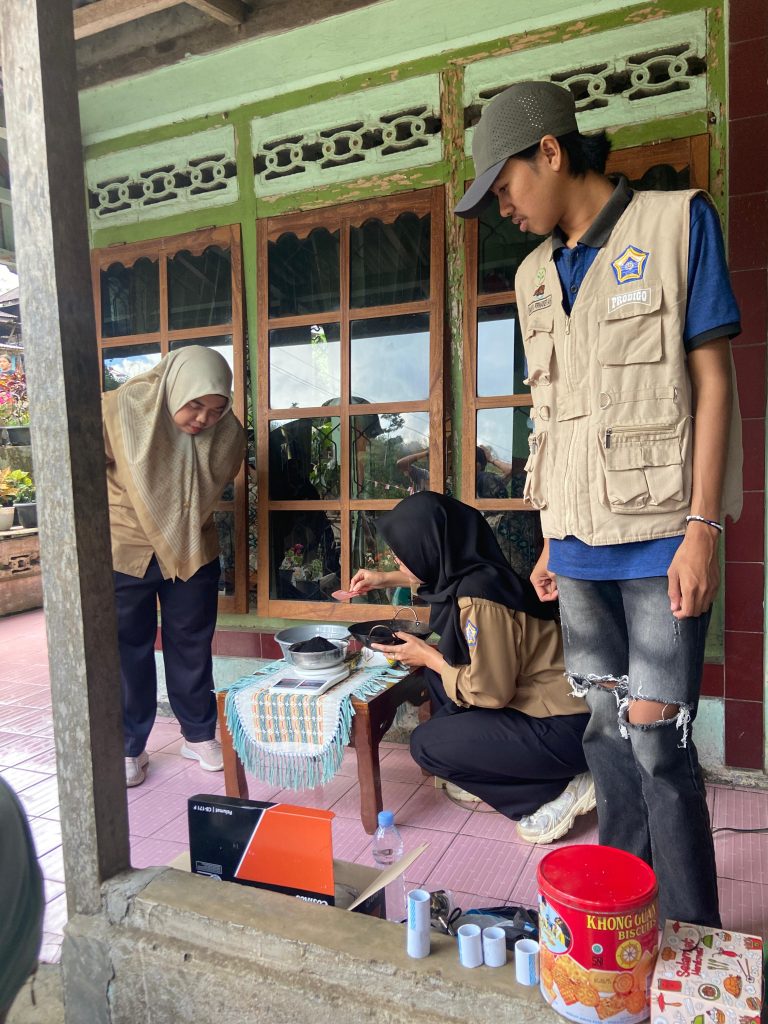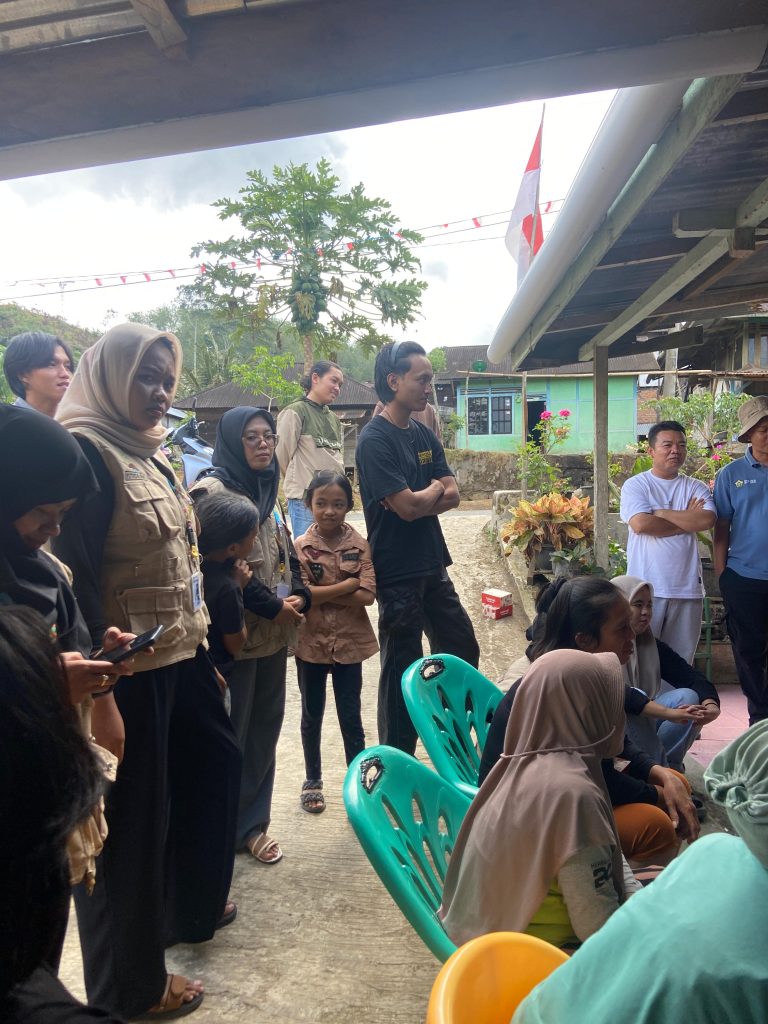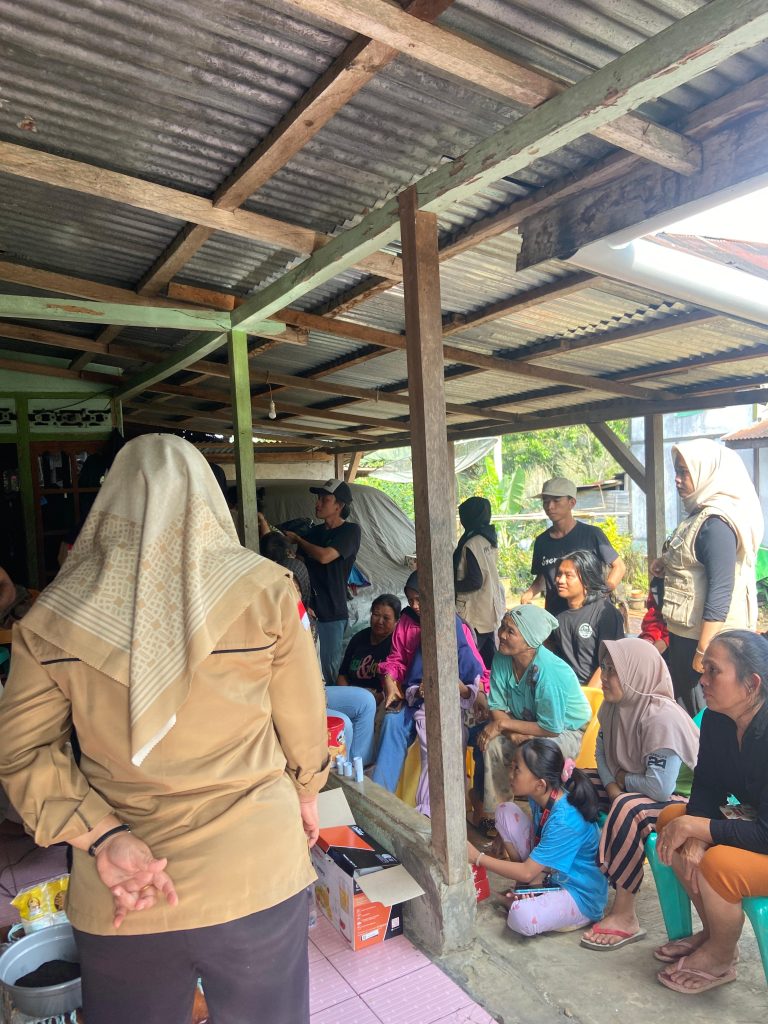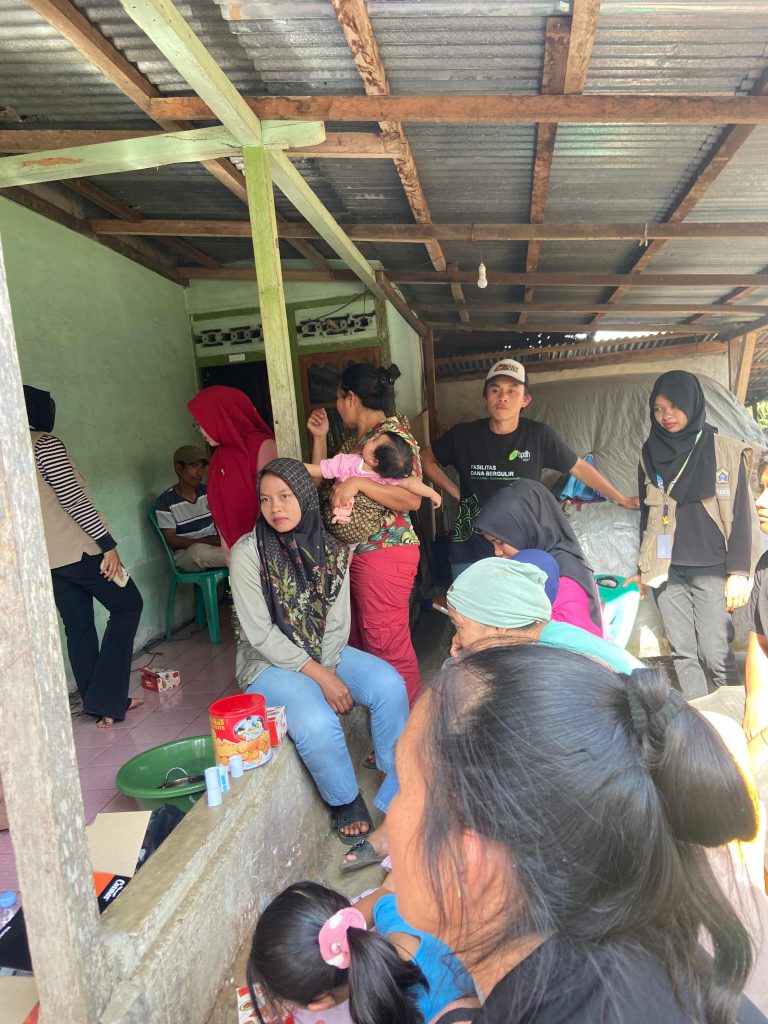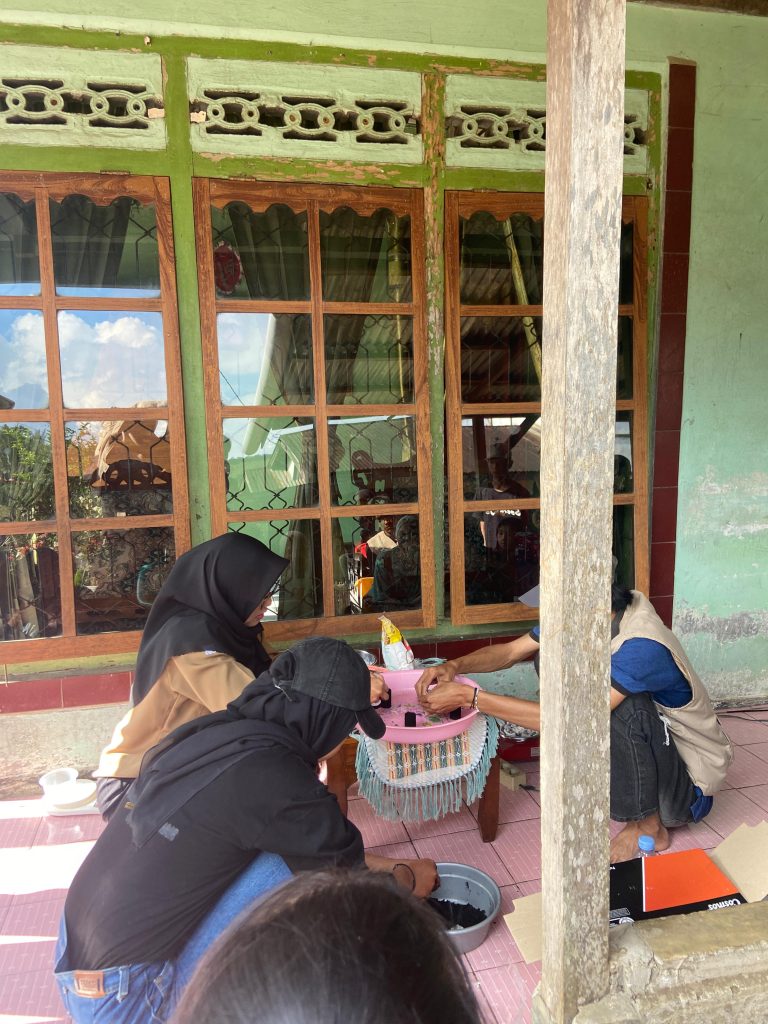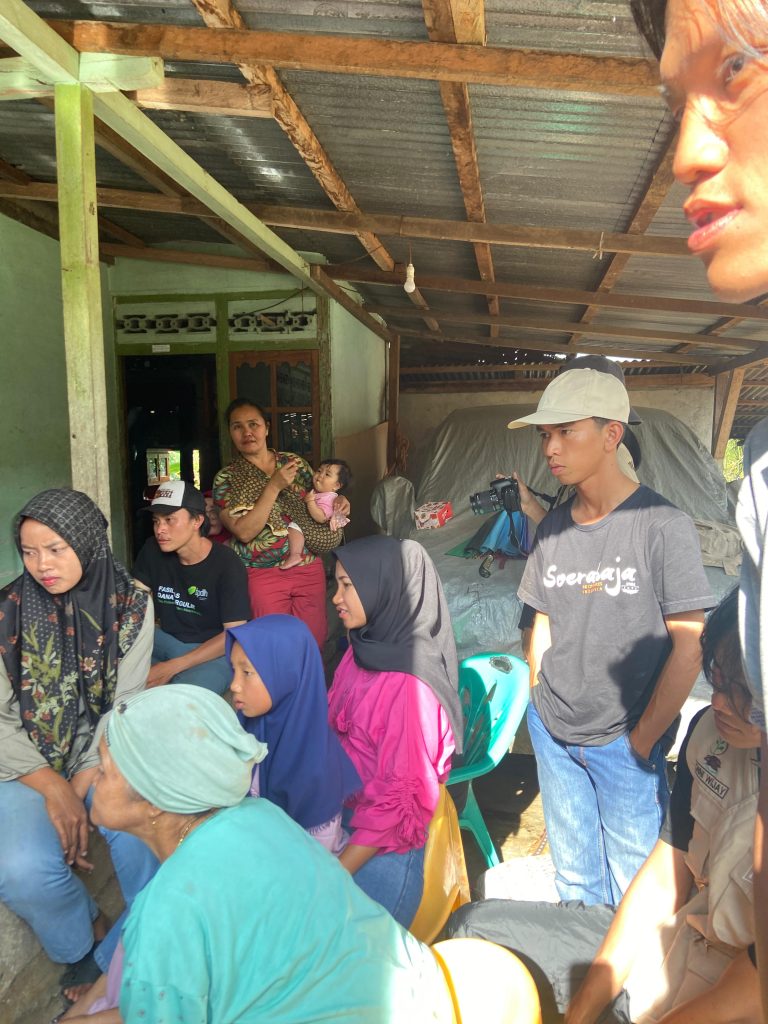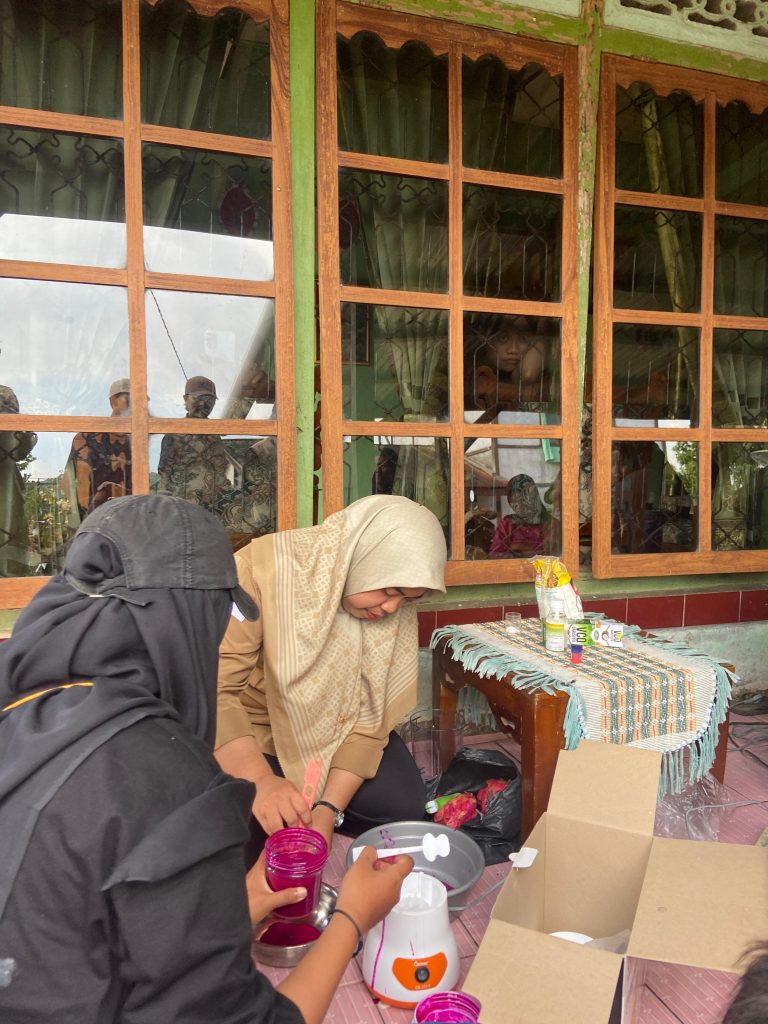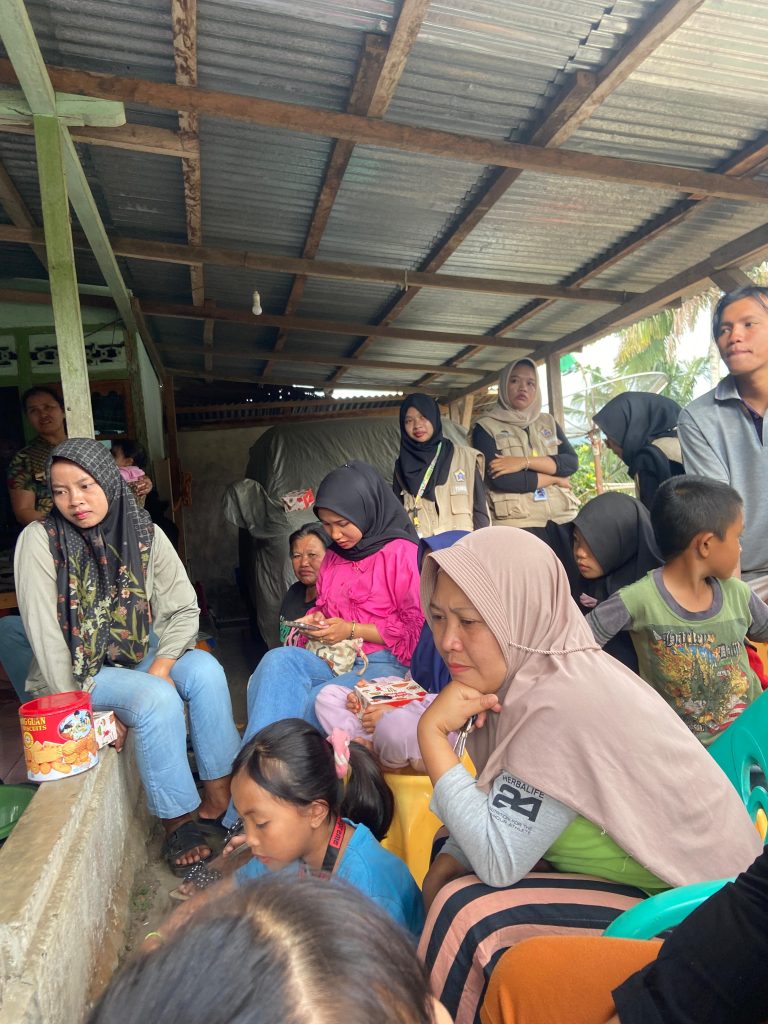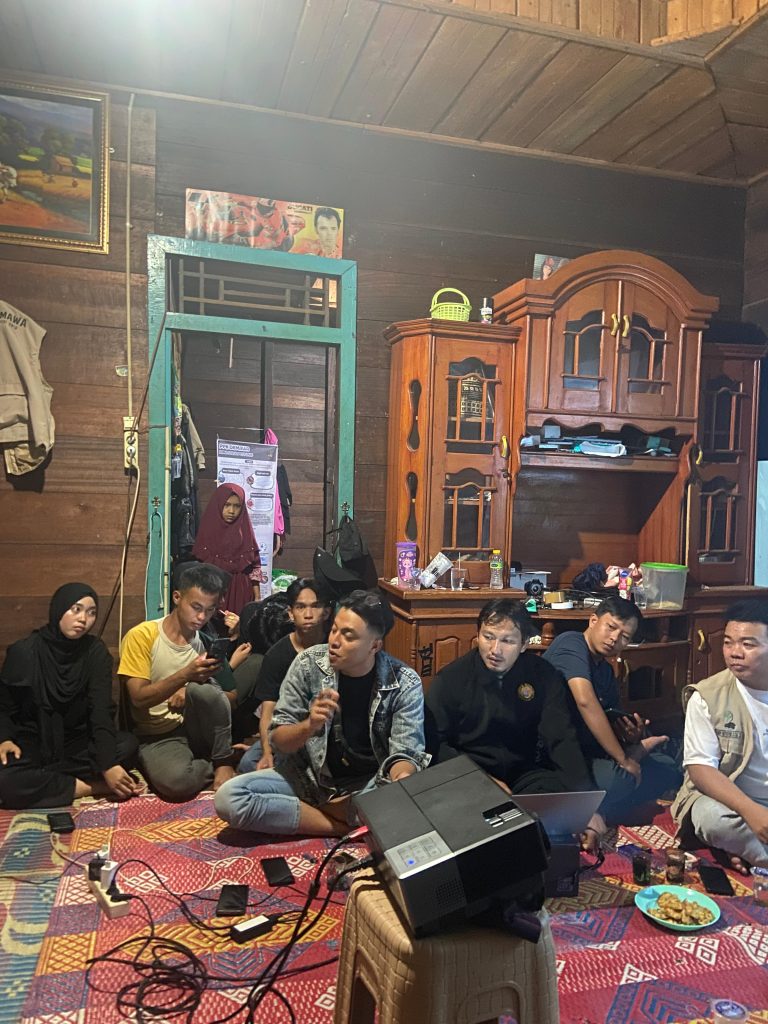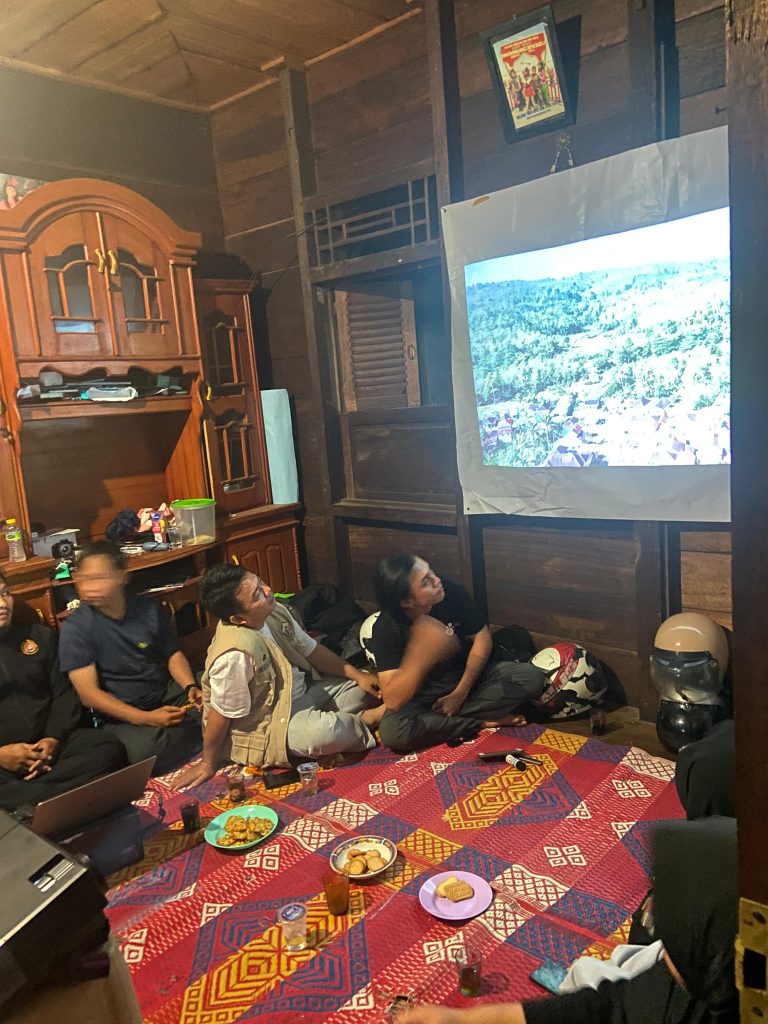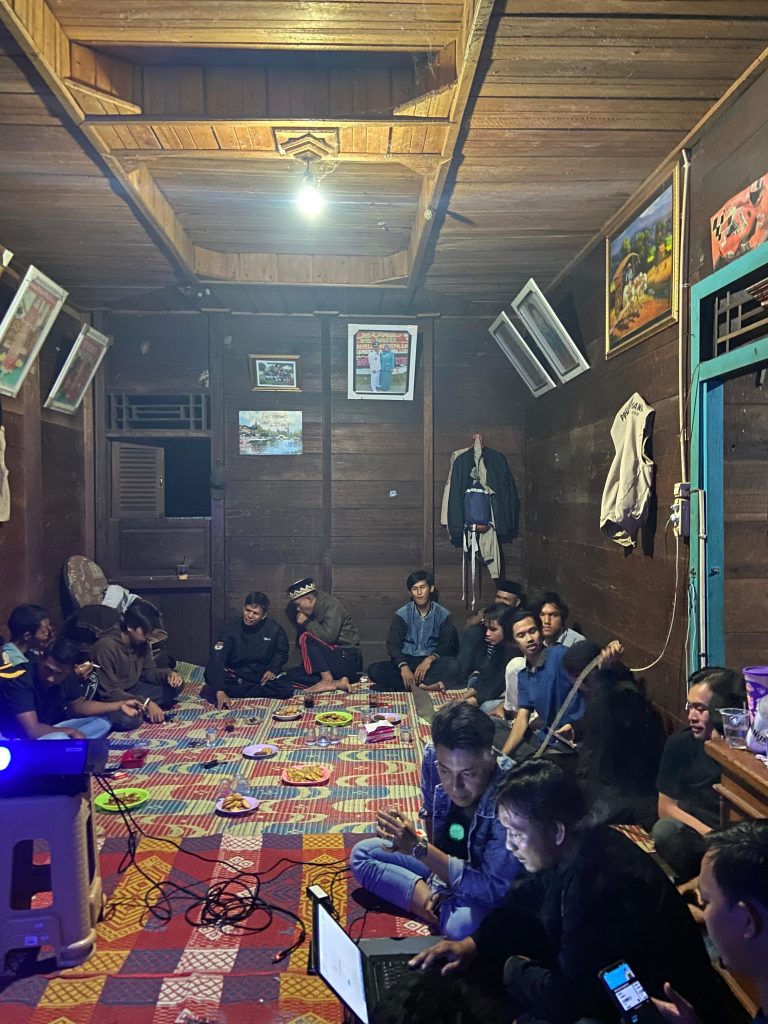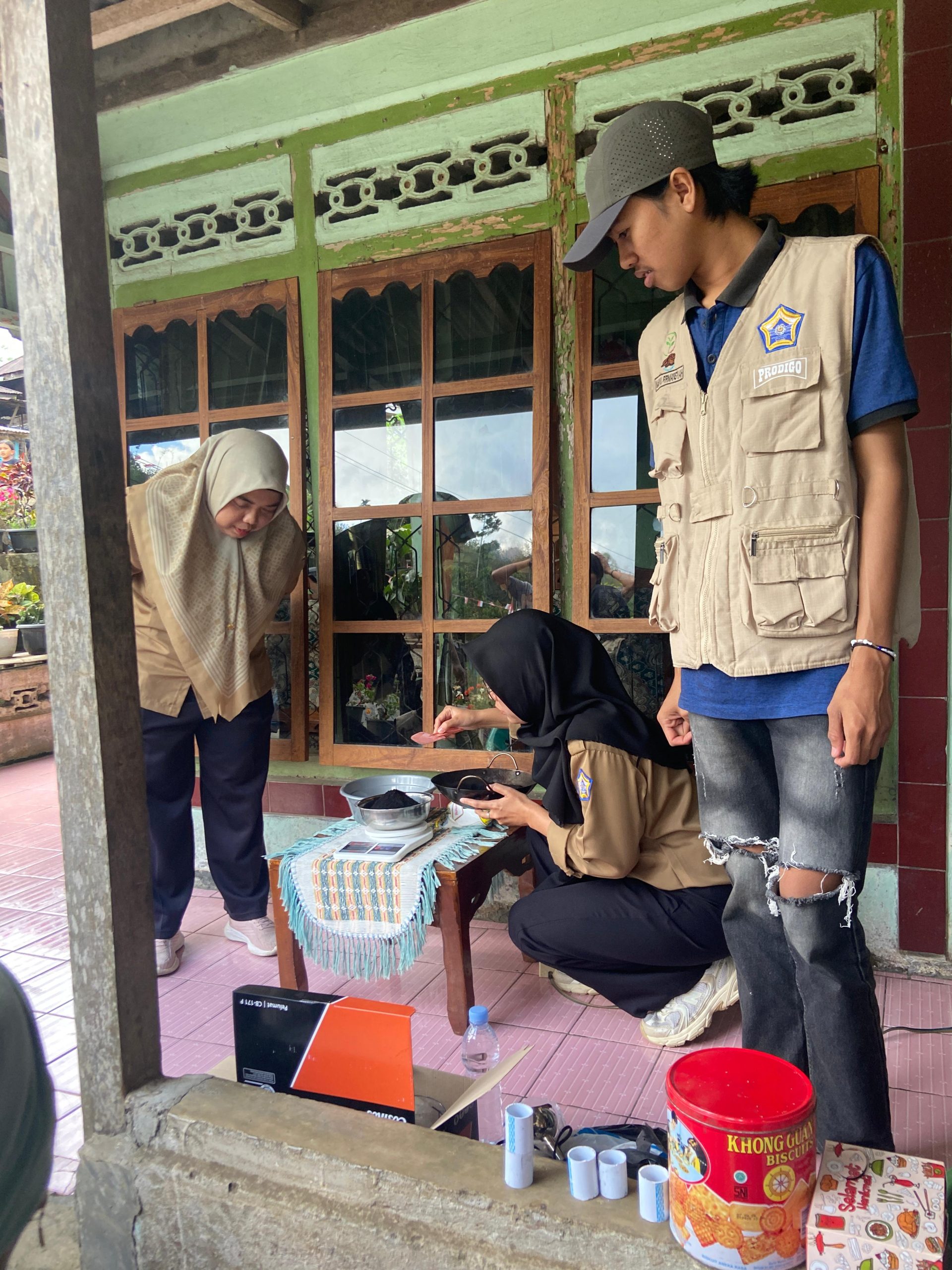
Students of PPK Ormawa Hima Sylva and Tebat Pulau Village Innovate One-Stream Coffee Processing, Coffee Waste Processing, and Omnichannel Marketing for Economic Empowerment
Tebat Pulau Village, 29 July 2024 – Students of the Student Organization Capacity Strengthening Program (PPK Ormawa) Hima Sylva University of Bengkulu, together with the community of Tebat Pulau Village, held a series of innovative training designed to improve the economic welfare of residents while actively reducing environmental impacts. This training is part of a comprehensive effort to create a coffee-based circular economic ecosystem, from upstream to downstream, through single-stream coffee processing, utilization of coffee waste, and implementation of modern omnichannel marketing strategies.
In this training, students and the community started with a one-stream coffee processing innovation, which optimizes the entire coffee production chain from harvesting and processing to marketing. The aim is to ensure that each stage of coffee production produces maximum added value for society. One of the main focuses is processing coffee skin waste, which is usually only considered as production leftovers, into economically valuable products such as bio briquettes, soap and lip tin. These products are environmentally friendly and provide new alternative income for residents.
Wahyu Firmansyah, Head of the PPK Ormawa, explained that processing coffee skin waste into bio-briquettes is a strategic step aimed at reducing organic waste while providing an alternative energy source for households in Tebat Pulau Village. “With proper processing, coffee skin waste, which is usually wasted, can now be converted into high-quality bio-briquettes, which can be a substitute for firewood,” he said.
from bio briquettes, this training also includes making other environmentally friendly products, such as soap and lip tin, made from natural ingredients and coffee waste. These products have significant market potential as consumer awareness increases about the importance of sustainable products that are free from harmful chemicals.
This training focuses on production and includes developing digital marketing skills through village website management. The website is hoped to become an effective digital showcase for Tebat Pulau Village products, allowing them to reach consumers outside the village area. An omnichannel marketing strategy, which combines various online and offline marketing channels, is the key to expanding the market and increasing the competitiveness of village products at the national and even international levels.
The community’s enthusiasm for this program is very high, as seen from their active participation in every training session. Most of the participants were members of local farmer and artisans groups and felt that they had gained knowledge that helped improve their welfare. “This is a precious experience. I never thought that coffee waste, which used to be just trash, could be processed into a product with high selling value,” said one of the training participants.
The benefits of this activity are not only felt from an economic perspective but also from an environmental perspective. Tebat Pulau Village contributes to preserving the environment and mitigating climate change by utilizing coffee waste to produce bio-briquettes and other products. Bio briquettes, as a substitute for firewood, can reduce deforestation and carbon emissions, which is essential in maintaining ecosystem balance.
Seeing the significant positive impact of this program, the Bengkulu University Ormawa PPK Service Team is committed to continuing to accompany the people of Tebat Pulau Village in developing and marketing their innovative products. This assistance includes brand development, expanding marketing networks, and ensuring the sustainability of businesses that have been initiated. The team also plans to involve more students in this program, hoping the wider community can feel the resulting positive impact.
Overall, this initiative shows the great potential of collaboration between university students and village communities in creating sustainable positive change. “We are optimistic that with these steps, Tebat Pulau Village will continue to develop into a model for waste management and economic empowerment that other villages throughout Indonesia can follow,” concluded Wahyu. With a strong spirit of innovation and cooperation, Tebat Pulau Village is expected to be a pioneer in implementing sustainable economic strategies at the local and national levels.
